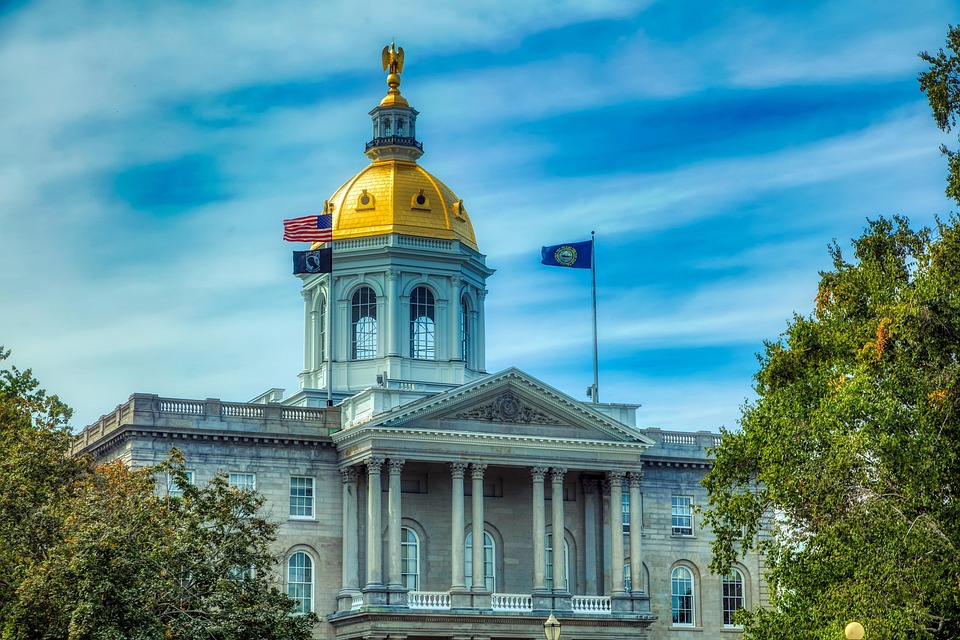Addressing the United Nations General Assembly, the South Sudan Human Rights Commission highlighted the escalation of armed clashes, political detentions and widespread human rights violations, calling for coordinated efforts to protect civilians and uphold justice.
“South Sudan’s political transition collapses“, Commissioner Barney Afako declared to the Assembly. “The ceasefire does not hold, political detentions have become a tool of repression, key provisions of the peace agreement are systematically violated, and government forces resort to aerial bombardments of civilian areas.. All indicators point to a return to another deadly war.”
The fighting intensifies
The Commission noted that fighting has intensified since March, displacing more than 370,000 civilians within the country and pushing many more into neighboring countries.
In South Sudan, nearly 2.6 million people remain displaced, in addition to some 600,000 refugees, mainly from Sudan.
“The suffering of the South Sudanese people is not collateral damage: it is the direct consequence of a political failure,” said commission chair Yasmin Sooka.
“Once again, civilians are being bombed, women are being raped, children are being displaced and forcibly conscripted into combat roles.and entire communities live in fear – all of this is a tragic repeat of South Sudan’s painful past. This war against the people of South Sudan is man-made and preventable.
Investigators highlighted the growing complexity of the conflict, with political power struggles mixed with ethnic tensions and local grievances.
Government reshuffles and partisan appointments have increased distrust among signatories to the 2018 Revitalized Peace Accord, while localized fighting is being exploited for political and military purposes.
Billions extracted, “while the population dies of hunger”
Commissioner Carlos Castresana Fernández linked the crisis to corruption: “Billions in oil revenues siphoned off as people starve. Hospitals have no medicine, schools have no teachers and soldiers go unpaid while the elites enrich themselves through opaque contracts and off-budget deals. Corruption is not a side effect of conflict, it is one of its drivers,” he said.
The Commission’s report also details persistent sexual violence, forced recruitment of children and extrajudicial killings, with the complicity of national authorities in some cases.
Rule of law institutions remain underfunded and promises to reform detention powers have largely gone unfulfilled.
Investigators called on the UN, African Union and regional partners to ensure accountability, accelerate the creation of the hybrid court for South Sudan and engage the political class in an inclusive process.
Handshakes are not enough
“Peace will not come through words or handshakes“, said Sooka. “This will happen through concrete actions: ending impunity, protecting civilians and building institutions that serve people, not power. Justice and accountability must not remain promises deferred. The international community must move beyond expressions of concern and adopt concrete and coordinated action. Otherwise, the suffering will only intensify.
The South Sudan Human Rights Commission, established by the UN Human Rights Council in 2016, is an independent body responsible for investigating human rights violations in the country. Its mandate is renewed each year and its members serve without receiving any salary.
Originally published at Almouwatin.com








